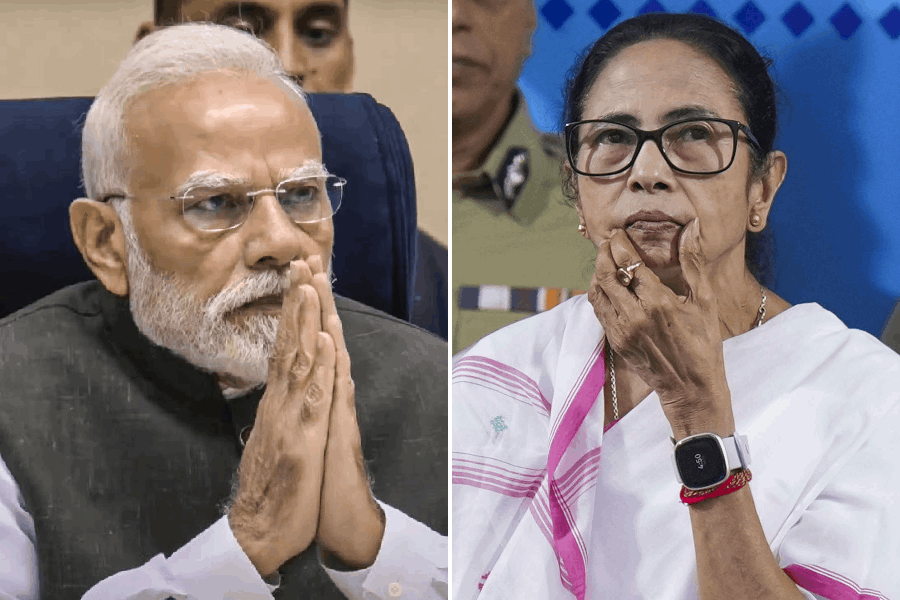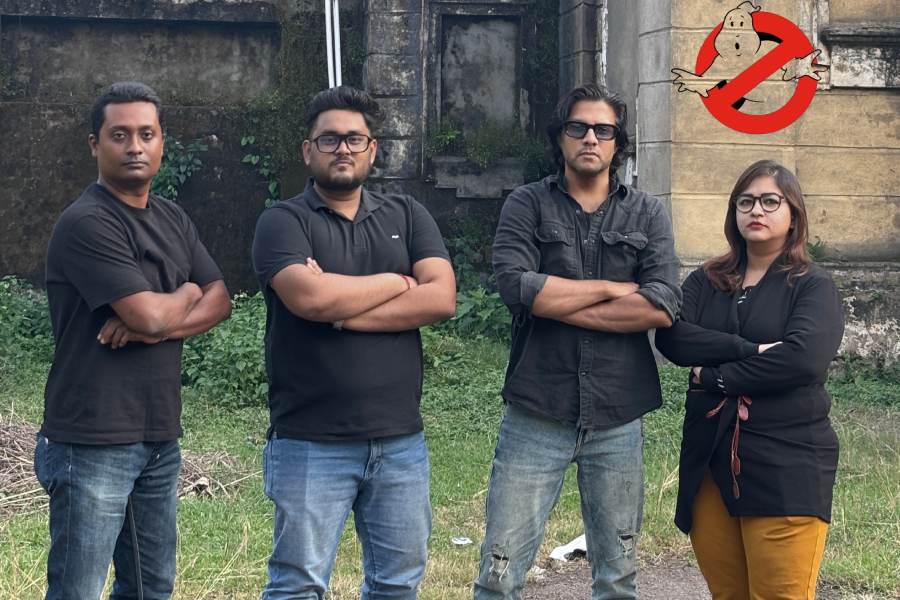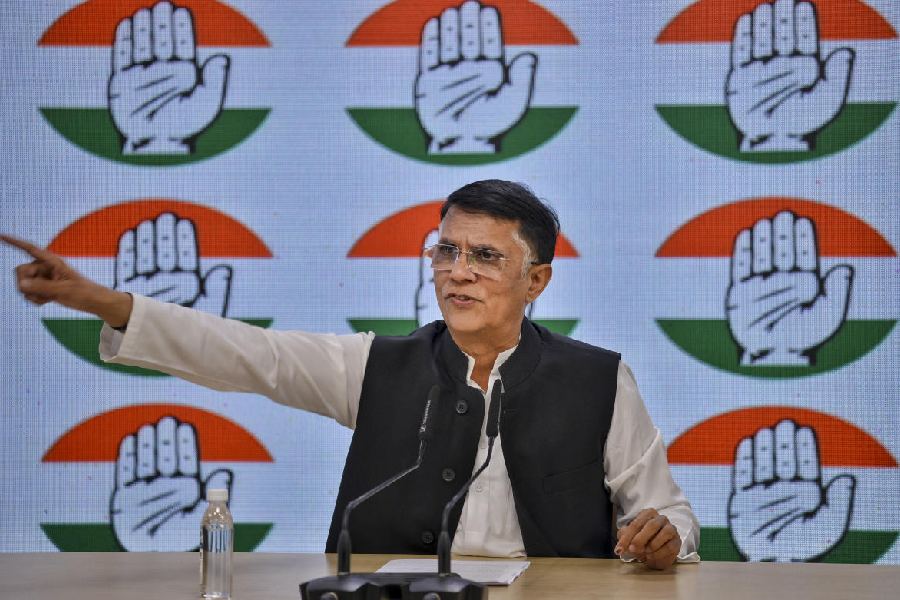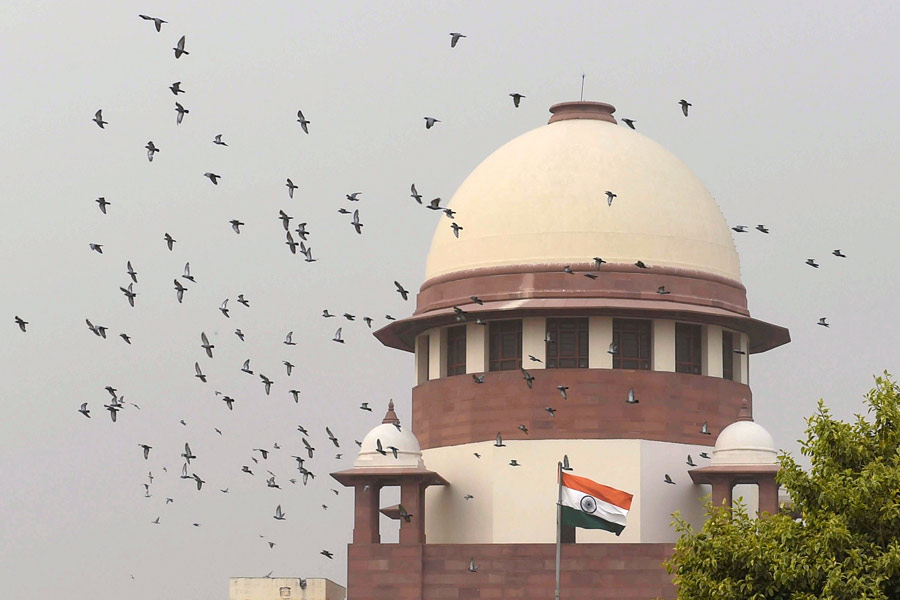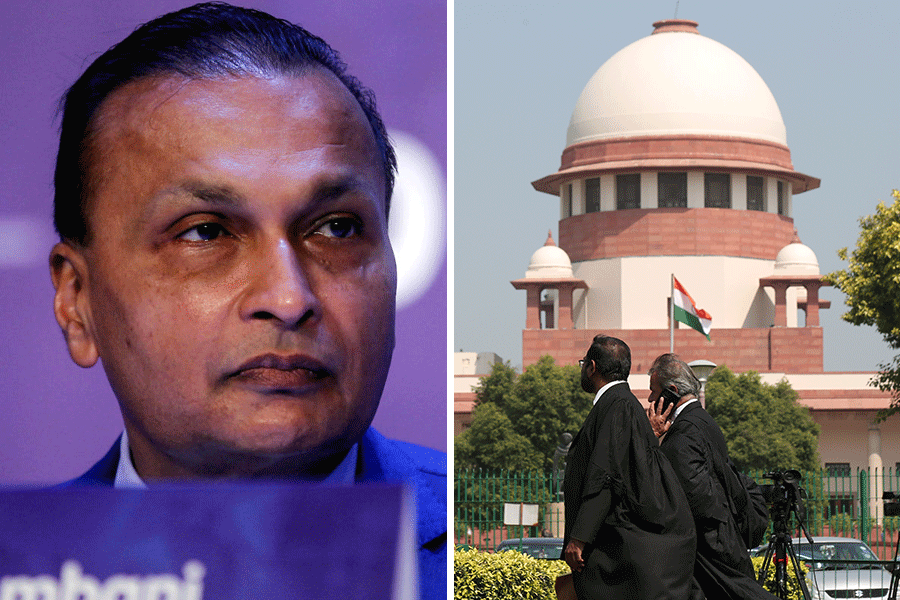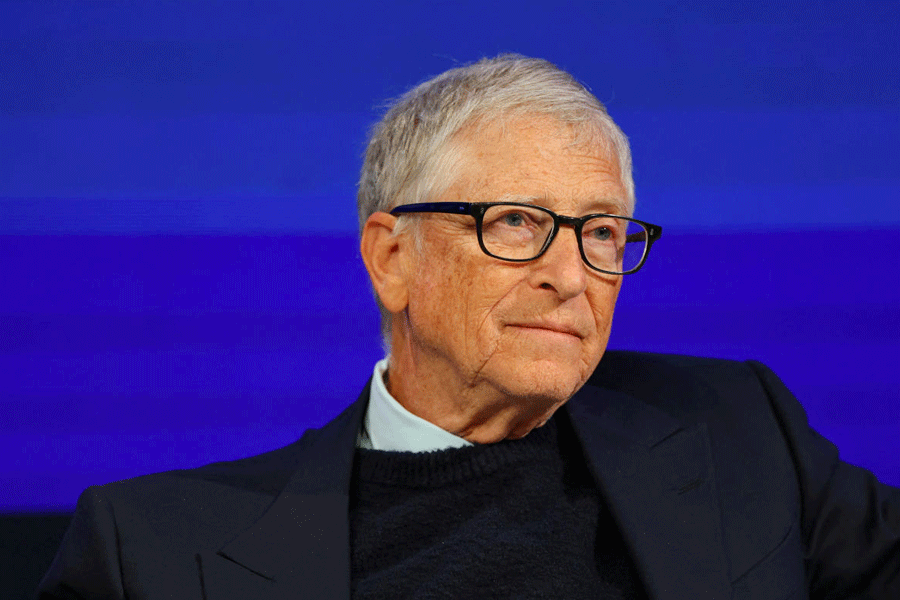 |
 |
| Amartya Sen and (above) ruins of Nalanda University. Telegraph pictures |
Chennai, Jan. 4: Recreating the new Nalanda University would not be an easy task and needed a scientific attitude and disciplined thought and the inspiration for this can come from the old Nalanda itself, Nobel Laureate Dr Amartya Sen told the Indian Science Congress here today.
“The meeting here gives me an opportunity to recollect the pursuit of science in old Nalanda which will inspire and guide our long-run efforts in new Nalanda,” said Dr Sen, who is chairing the interim governing body that is tasked with reviving the Nalanda University in Bihar, after a hiatus of 800 years. “I say long run because mainly for cost reasons, we cannot start the science faculties immediately as physical and biological sciences cost much more money that the humanities and social sciences,” he said.
To begin with, the new Nalanda would be teaching and conducting research in history, languages, linguistics, social sciences, international relations, management and development and IT, he disclosed during his speech, which he said would be devoted to Nalanda and not social economics, his forte.
Dr Sen gave few interesting insights while trying to fix the antiquity of Nalanda, which he recalled was violently destroyed by “the ruthless Afghan conqueror Bhaktiyar Khilji”.
Nalanda, established in the early AD 5th century, was already 700 years old as Oxford and Cambridge were being founded and 600 years older than the oldest European university of Bologna.
“Had it not been destroyed and had it managed to survive our time, Nalanda would be, by a long margin, the oldest university in the world, Dr Sen told a packed audience at the SRM University, one of the largest private universities of the country, which is hosting the congress.
At its peak, the residential university had 10,000 students studying various subjects from many countries in the world particularly China, Tibet, Korea, Japan and even as far in the west as Turkey.
Though Nalanda, along with nearby Vikramshila and Odantapuri, focused on studies of Buddhist philosophy and practice. It nevertheless pursued general intellectual and scientific studies even by those who had no religious beliefs he said.
The Nobel laureate threw light on two other interesting aspects of Nalanda — its students and teachers loved to argue and very often held argumentative encounters, which is part of the scientific tradition.
“Science has to fight parochialism and Nalanda was firmly committed to that,” Dr Sen said.


